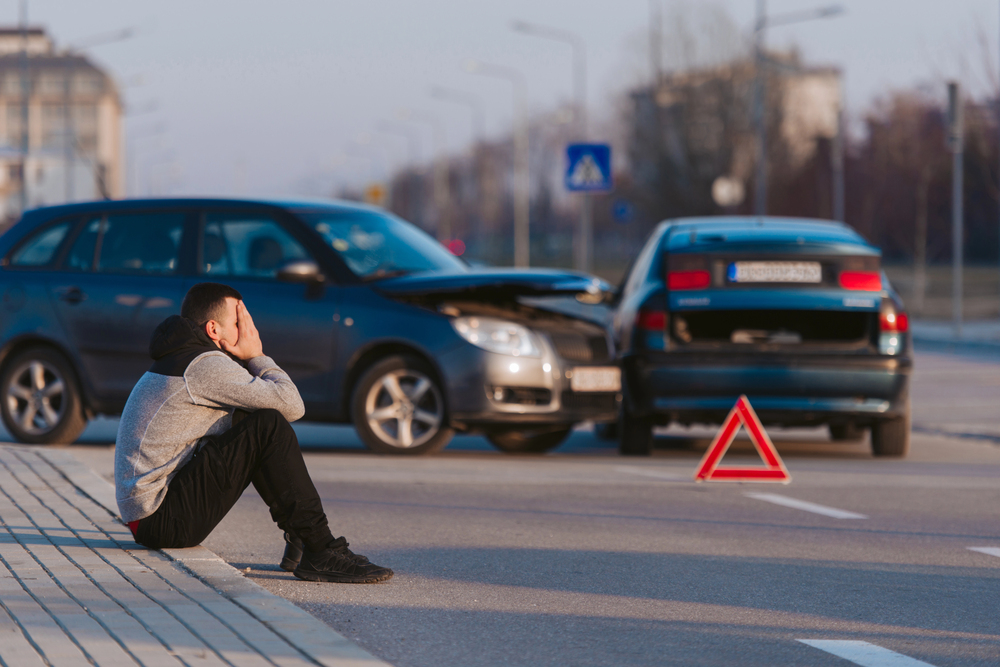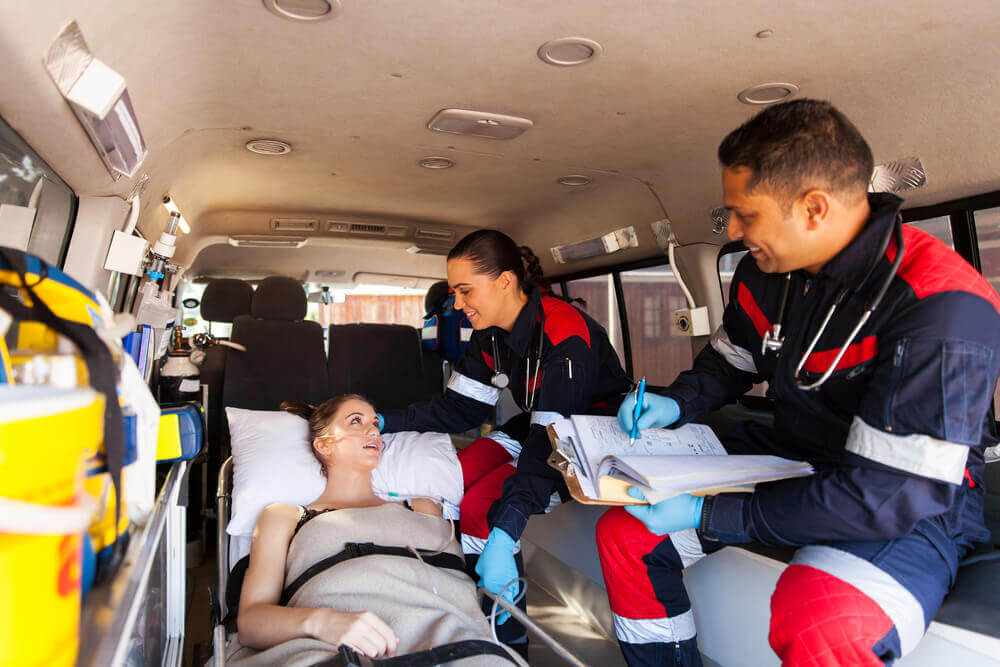Florida is known for its sunny weather, but unfortunately, it also has a reputation for being one of the states with the highest number of car crashes. This means that every year, thousands of people die or sustain serious injuries in car accidents.
If you live in Florida or visit the state frequently, it is crucial to know what to do if you sustain a serious injury in an accident. Serious injury refers to loss of body function, long-term impairment of mental or physical abilities, and permanent disfigurement.
Serious injury also includes wrongful death. If your loved one is a passenger in your car at the time of the accident and they are killed, you can pursue legal action. The same goes for if you sustain a serious injury that is likely to turn into a long-term health problem.
The guide below explains what to do immediately after an accident and how to initiate legal action.
Make Sure Everyone is Safe and Get Medical Help
When an accident happens, the aftermath is usually chaos and confusion. If you are still in your vehicle after the accident (not thrown out), check whether it is safe to exit. Also, assess your body for visible injuries.
If you are in the middle of the road and your car is a hazard to oncoming traffic, try to move to a safer spot. If your injuries are extensive, wait for emergency responders to help you.
When the paramedics arrive, allow them to give you a full check-up. If they tell you to go to your nearest ER, do it immediately. Some injuries may not immediately show serious symptoms, but they can worsen quickly without medical care.
Moreover, you must receive medical treatment in Florida within 14 days of the accident to qualify for personal injury protection (PIP) benefits.
Ask a Bystander to Call the Police
Florida law requires drivers to report an accident to the police if injuries, fatalities, or property damage exceed. If the other driver is to blame for the accident and asks you not to call the police, do not agree.
You will need a copy of the official accident report completed by a police officer for your insurance claim and if you want to pursue a legal case.
Call the police, and when they arrive, give them a short but accurate account of the incident. Do not admit fault unintentionally or speculate about the cause of the accident. Instead, let the police get the necessary information and document the scene.
When you get a copy of the police report, you will have relevant information about the crash, including witness statements.
Gather as Much Information as Possible
If you can, take photographs of the accident scene from more than one angle. Include pictures of the damage to both vehicles and your injuries.
Get the other driver’s contact details, such as their full name, address, insurance information, and vehicle details. If possible, get statements from bystanders who saw the accident happen.
If you do not have paper, take notes on your phone. Record a voice note detailing the accident’s time, date, and location.
Inform Your Insurance Company
Florida is a no-fault state, which means each driver’s insurance typically covers their own medical expenses through PIP benefits, regardless of who caused the accident.
You must inform your insurance company immediately after the accident, even if the other driver was at fault. However, ensure that you get the necessary medical attention first.
When you speak to your insurer, do not provide any additional information other than the facts about the accident. Do not downplay your injuries or admit any fault. Whatever you tell your insurer can be used against you if you pursue a personal injury case later.
Florida’s no-fault insurance law means all drivers must carry PIP coverage. So, you will have at least $10,000 to cover some of your medical expenses. But, if your injuries are severe, you can step outside the no-fault system and file a compensation claim against the at-fault driver’s insurance.
To do this, you must meet Florida’s serious injury threshold. This includes:
- Permanent or significant loss of a bodily function
- Permanent injury with a reasonable degree of medical probability
- Permanent scarring or disfigurement
If your injuries meet this threshold, you can file a lawsuit for pain and suffering as well as damages not covered by PIP.
Keep Track of Medical Treatments
If you file a legal case, you must keep proof of all your doctor’s visits and medical treatments. This includes prescriptions, physical therapy sessions, surgeries, and outpatient care. Record all your expenses, including medical bills, appointment transportation, and lost income.
These records will help you prove the extent of your injuries and their impact on your life.
Hire a Personal Injury Lawyer
Serious injuries are hard to recover from. Some injuries you will never be able to recover from fully. It is hard to accept this and worry about a legal case. This is why you should hire a personal injury lawyer specializing in car accidents.
A lawyer can evaluate your case, often during a free consultation, and let you know whether you meet the serious injury threshold. The lawyer will also lay out your legal options.
If the lawyer takes on your case, they will negotiate with insurance companies to ensure you get a fair compensation payout. If the insurer refuses to offer a fair settlement, your lawyer will likely suggest that your case should go to court.
Many lawyers work on a contingency fee basis, which means they will only get paid if they win your case.
Focusing On Your Recovery
The most important part of what happens after a car accident is focusing on your recovery. Let your lawyer handle your personal injury case while you get the treatments and surgery you need to recover. This way, you can finally get to a place of physical and emotional healing after an accident, even if you have long-term aftereffects of your injuries.





















